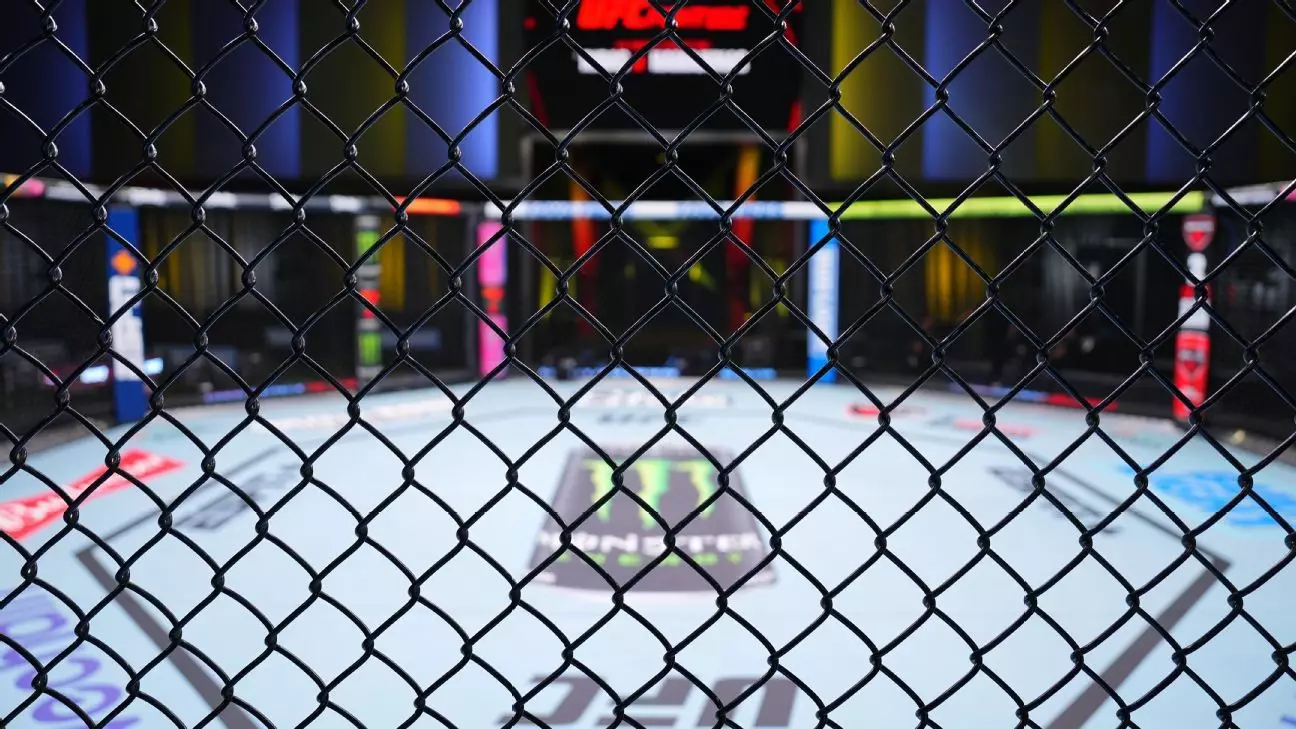In a significant development for mixed martial arts (MMA) athletes, a Nevada judge has tentatively approved a $375 million settlement that brings the first of two major antitrust lawsuits against the Ultimate Fighting Championship (UFC) closer to resolution. This legal saga, spanning more than a decade, saw fighters challenging the UFC’s practices regarding compensation and market control. On August 31, an agreement between TKO Group, the UFC’s parent company, and the plaintiffs in the class-action case Le v. Zuffa was reached, and subsequently, Judge Richard Franklin Boulware II confirmed the terms of the settlement.
The final green light for this settlement, which provides monetary relief to several hundred fighters, is pending a court hearing scheduled for the coming months. This settlement is particularly notable as it aims to conclude longstanding disputes related to fighter remuneration and market monopoly claims.
The implications of this settlement are vast. It not only signifies a financial reprieve for many UFC fighters but also serves as a critical acknowledgment of the systemic issues within the sport’s organizational structure. Eric Cramer, the lead attorney representing the plaintiffs, articulated the sentiment shared by many when he described the settlement as a “monumental achievement.” He underscored the dedication and resilience exhibited by the representative plaintiffs who persevered through a lengthy legal process.
The satisfaction expressed by UFC’s spokesperson further illustrates the complex, yet ultimately constructive, resolution of this dispute. Though adroit defense strategies were deployed by the UFC throughout the litigation, emphasizing their investment in the sport and the competitive landscape, the American legal system has ultimately recognized the fighters’ grievances.
Beyond the symbolic victory, the financial implications for the fighters involved are profound. Statements from over 150 fighters regarding their experiences and challenges have served as a poignant reminder of the physical and economic toll that comes with professional fighting. Stories of financial hardship, compounded with health issues—including chronic traumatic encephalopathy (CTE)—reveal a human side to the legal battle that many may overlook.
Fighter Shane Carwin, a former interim heavyweight champion, articulated the challenges many face, highlighting how fragile their financial stability can be. “This would truly be life-changing money for me and for other members of the class,” Carwin stated, alluding to his dire circumstances. With this new settlement, hope begins to illuminate the hardships faced by fighters as they struggle to secure not just their finances but their health and livelihoods as well.
The antitrust lawsuit emerged in 2014, with the plaintiffs accusing Zuffa of engaging in practices that limited the financial potential of fighters and stifled competition among rival promotions. Critics of UFC have long suggested that aggressive business strategies enabled the organization to maintain dominance in the MMA sphere by curtailing fighters’ earnings and restricting alternatives in the marketplace. The argument for an unfair advantage through anticompetitive methods has thus gathered momentum, culminating in a resolve that could reshape UFC practices moving forward.
The upcoming second antitrust case, Johnson v. Zuffa, is expected to delve deeper into industry regulations and contracts, aiming for not just monetary redress but also sustainable changes in business practices. This case is vital for fighters who remain under contract with the UFC, signaling a potential overhaul of the landscape that governs their professional environment.
As the UFC prepares for the final courtroom approval of the settlement, the broader implications of these cases are beginning to emerge. The path carved by these lawsuits could foster a more equitable environment for fighters, one that acknowledges their contributions to the sport and compensates them fairly for their sacrifices.
With the financial burden lessened, and a potentially robust industry framework on the horizon, MMA athletes might be on the cusp of a new era—one where fairness and sustainability become guiding principles in the combat sports industry. While not a definitive solution, this settlement marks a significant step toward addressing inequities and improving the conditions under which fighters operate, allowing for a more holistic approach to their professional development and well-being.

